How to Import Food Items from Nigeria
Table of Contents
Import Food Items from Nigeria to Any Country
Import food items from Nigeria for commercial purposes with this step by step guide. Importing food items from Nigeria for your African store is considered among the most vital and important business activities especially when you are surrounded by a good number of African immigrants who love their native foods.
Types of Import
- Import food items for export markets.
- Import food items for re-export.
If you are interested in importing food items from Nigeria for commercial purposes, you may want to consult with Customs and Border Protection (CBP) Import Specialist at the port of entry through which you intend to import.
The Import Specialist can let you know what is required, which varies depending on the type of food, the country of origin of the food, as well as whether or not there is a quota or other restrictions on what you want to import.
Hiring a Verified Custom Broker
Considering to import food items from Nigeria? You have the option of hiring a Customs Broker to file your entry with CBP, or you can do it yourself – although there are so many details to handle when importing food items, we strongly advise using a broker.
Brokering (Customs Clearance) is done by third party service providers who are licensed by Customs for the said purpose. They represent the Importer and coordinate with Customs Department as well as other specific departments to Custom Clear the cargo.
Basic Steps to Import Food Items from Nigeria Successfully
You need to understand the basic steps involved when importing food items before thinking of placing an order on your Nigerian supplier. The following are important steps to import food items :
- Contact a Supplier
Obtain a catalogue and/or sample plus prices from the supplier. Detail your importation intents to the supplier. The importer should also ensure that the exporter has all the required documents.
You can get suppliers through online, personal experience on an overseas trip or by contact with a supplier at a trade fair or a trade mission
- Request for supplier’s quotations
Having obtained what appears to be a satisfactory source of supply the next step is to get a firm quotation.
Remember to inquire about quantity discounts. Some suppliers may also help to provide assistance with initial marketing expenses.
- Apply to your Customs broker
Apply to your customs broker for a classification opinion, import duty rates, GST tax rates, import restrictions and tariff concessions (if any) and quarantine requirement (if any).
Obtain freight and insurance rates. Get freight rate from a freight forwarder, shipping company or airline and also insurance rate from a marine cargo insurance company.
- Prepare a cost analysis
Make sure you include all cost elements i.e. all freight costs into your warehouse, insurance, interest and bank charges, customs clearance charges, import duties, GST and your profit.
Your customs broker will undertake this exercise for you if you wish.
- Advise your Customs Broker of shipping details
Advice your customs broker of the shipping details as given by your supplier (unless you intend to clear the goods yourself). Do this as soon as you receive the details to avoid delays in clearing the goods.
- Insurance
We recommend insurance because there is always a risk of unforeseen circumstances damaging your goods (e.g. fire or theft). Our question to you is, “Can you afford not to insure your consignment?”
It is the responsibility of overseas importers to insure consignments when the shipment is on a Free on Board (FOB) or Cost and Freight (CFR) basis.
- When goods arrive
When the goods arrive, ensure that your customs broker is in the process of clearing them through customs and quarantine. To clear the goods, your broker (or yourself if you intend clearing the goods) will need the following documents:
-
- Bill of lading/Seaway bill/Airway bill.
- Commercial invoice, or similar information if invoice is not available.
- Bills/invoices covering the cost of delivery other than stated on the commercial invoice (freight, packing, insurance and forwarding charges and fees) in accordance with the customs value.
- Other documentation if necessary to determine the goods.
- Permits and certificates if necessary according to the legislation covering the respective commodities.
Take delivery and examine consignment immediately for Insurance. Give a clean receipt for the goods only when satisfied as to their quality, quantity and condition.
- Getting your African foodstuff to your warehouse.
More African food items are shipped by a truck than by another means. Trucks can go anywhere there are roads, including straight to customer’s homes.
Important Checklists to Import Food Items from Nigeria
Ensure that the terms and conditions of the resultant contract of sale are fully understood by both parties i.e.:
- The product/goods
African foodstuff (African food products) - Quality/specifications
As well as quality control from a marketing and retention of customer’s point of view, the importer should ensure that the quality of the goods is not compromised. - Packaging/packing
Packaging is an important aspect in the promotion of a product. Not only must this be attractive to the consumer but must comply with Government regulations. For example, most products must display in English, the country of origin. - Price and price basis
Include unit price, total price and unit of currency. If the shipment is to be paid for in foreign currency are you going to hedge against currency fluctuations? - Payment terms
Is payment to be against a letter of credit established by the importer or a documentary collection or some other method? What is the method of payment? i.e. a term or sight bill of exchange or a telegraphic transfer. - Shipping
The method of shipment, air or sea, will depend on a number of factors, namely cost, type of product and speed of delivery required. - Special requirements
For example, fumigation requirements, time constraints. - Documentation
Documents that should be received by the importer prior to the arrival of goods include Order confirmation, Shipping Advice, Commercial Invoice, Customs Invoice, Packing Slip, Insurance Policy, Contract and legal considerations.
All orders should be typed and include full cost, quantity and shipping procedure details.
Conclusion:
I hope you have learned how to import food items from Nigeria. If you have further questions, ask in the comments below.
If you need an experienced African Foodstuff Supplier or African Food Products Branding and Packaging services for your African store, talk to us.

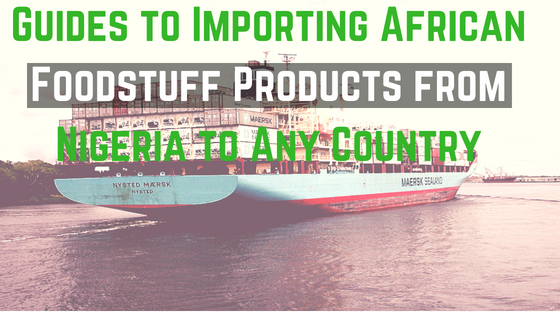
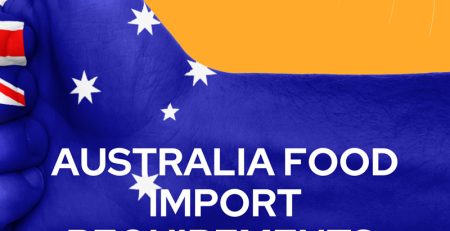
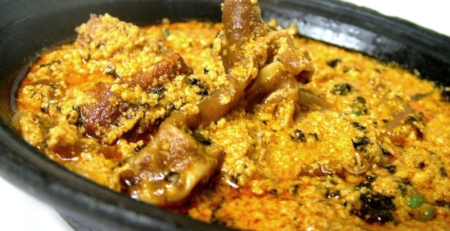

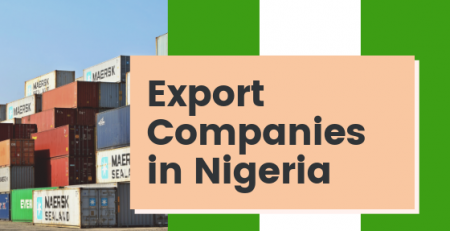
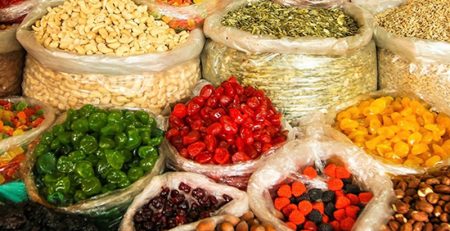
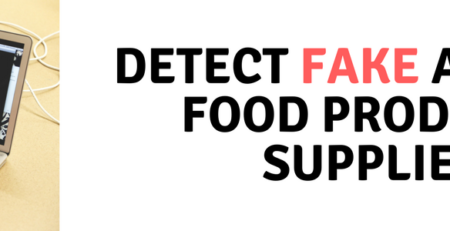
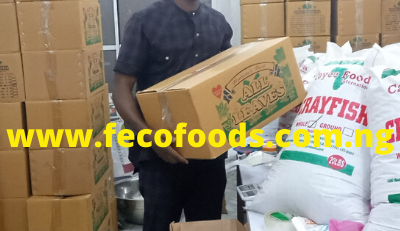
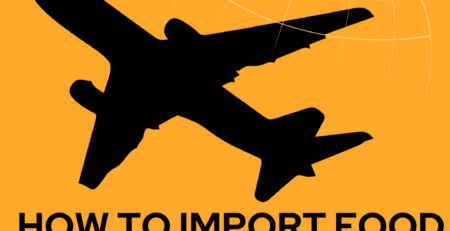


Leave a Reply
You must be logged in to post a comment.